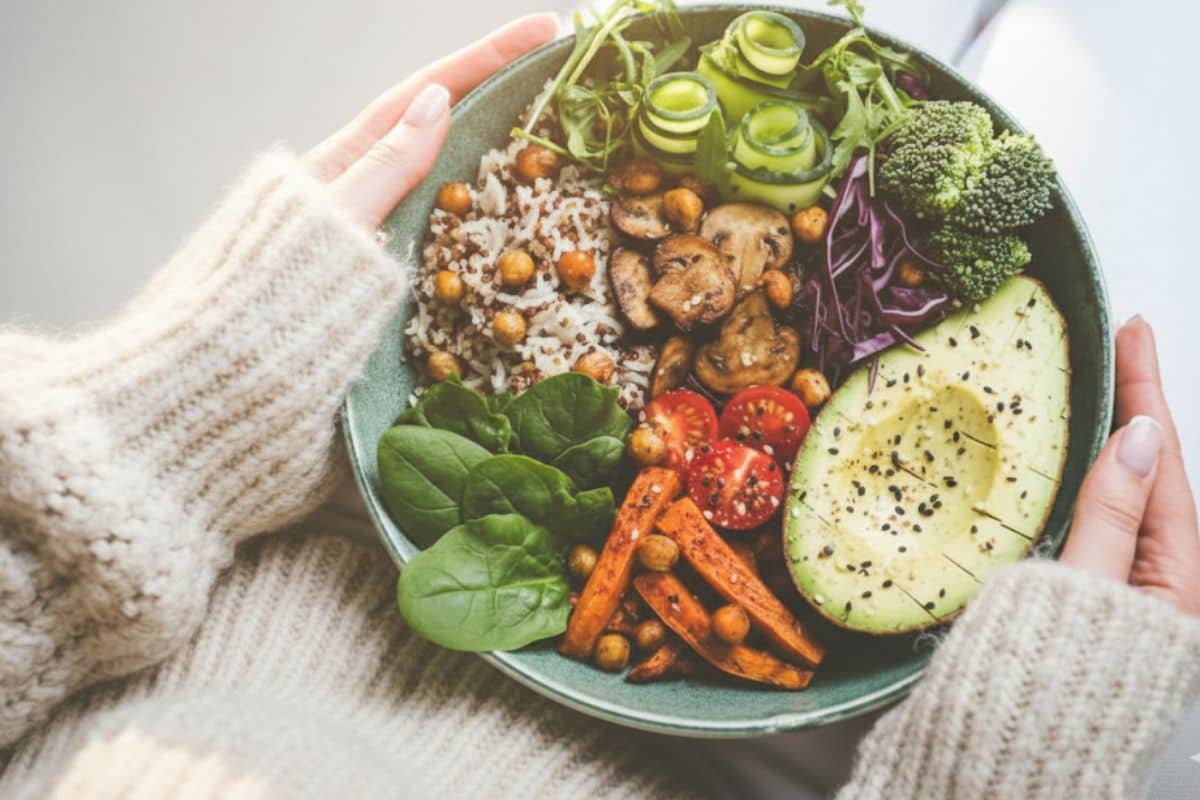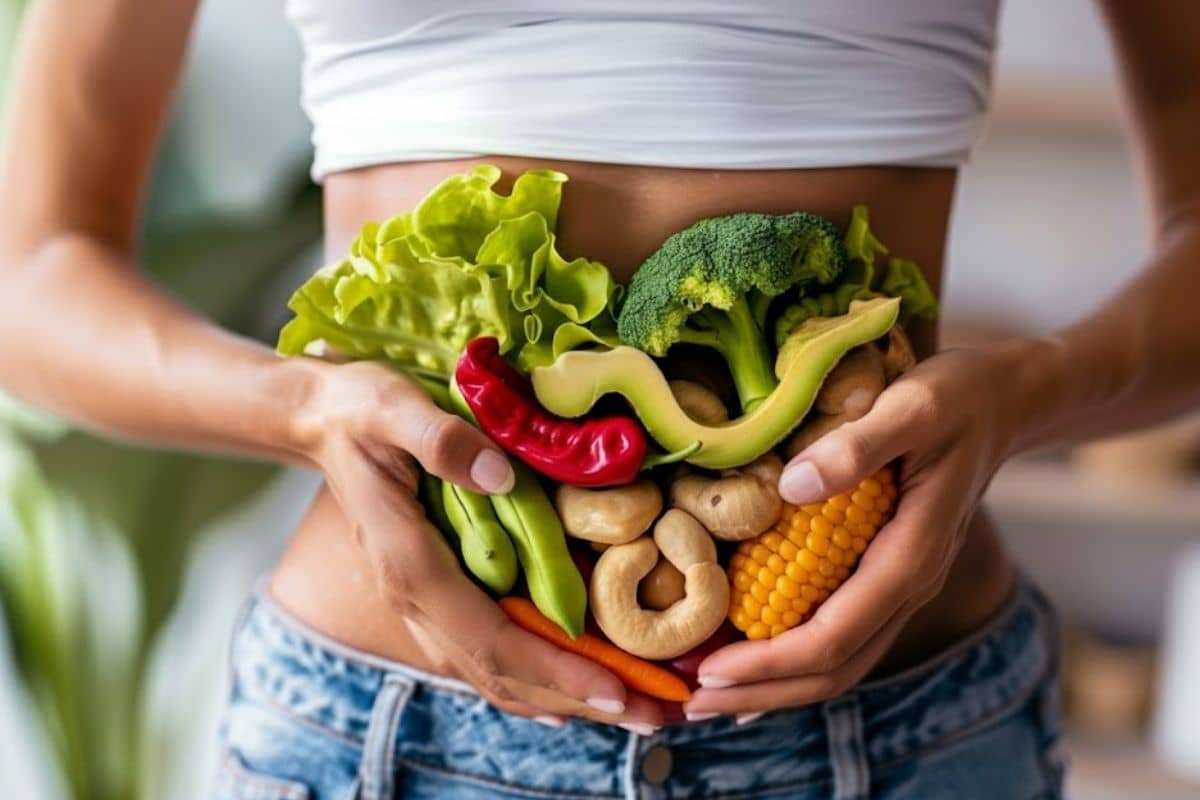Introduction
Calories: The Foundation of Muscle Growth
How to Calculate Your Maintenance Calories
Before you add extra calories, you must know your maintenance level. A simple formula is:
Bodyweight (lbs) × 15 = Maintenance Calories.
For example, a 160 lbs (72 kg) person needs around 2400 calories daily. This is only a starting point. Your lifestyle, metabolism, and workout intensity can make this number slightly higher or lower. Tracking your weight for 1–2 weeks helps confirm your actual maintenance level.
How Much Surplus Do You Need for Growth?
Macronutrient Balance for Muscle Building
Not all calories are equal. The right split of protein, carbs, and fats ensures effective growth.
- Protein: 1.6–2.2g per kg body weight (repairs muscles).
- Carbohydrates: 45–55% of total calories (main energy source).
- Fats: 20–30% of total calories (support hormones).
For a 2700-calorie diet, this equals ~170g protein, ~320g carbs, and ~75g fats. This balance fuels workouts, supports recovery, and builds lean tissue.
Factors That Change Your Calorie Needs
Mistakes to Avoid While Eating for Muscle Gain
The Role of Tracking and Adjustments
Why Tracking is Important
How to Make Adjustments
The Importance of Meal Timing
Pre-Workout and Post-Workout Meals
Spreading Calories Throughout the Day
QnA
Because as your weight and muscle mass increase, your energy needs also change. Tracking weight, body measurements, and strength helps you understand if your current calorie intake is working or needs adjustment.
That means your surplus is too high. Reduce your calorie intake slightly. Small adjustments help you gain muscle in a clean and effective way.
Post-workout meals should have fast-digesting carbs (like fruits or rice) and high-quality protein (like whey protein shake or chicken breast). This helps replenish glycogen and speeds up muscle recovery.
For muscle gain, 4–6 smaller balanced meals are better. They improve digestion, provide steady energy, and supply continuous nutrients to your muscles.
Meal timing optimizes muscle growth. Eating the right pre- and post-workout meals speeds up recovery and improves performance during training.









